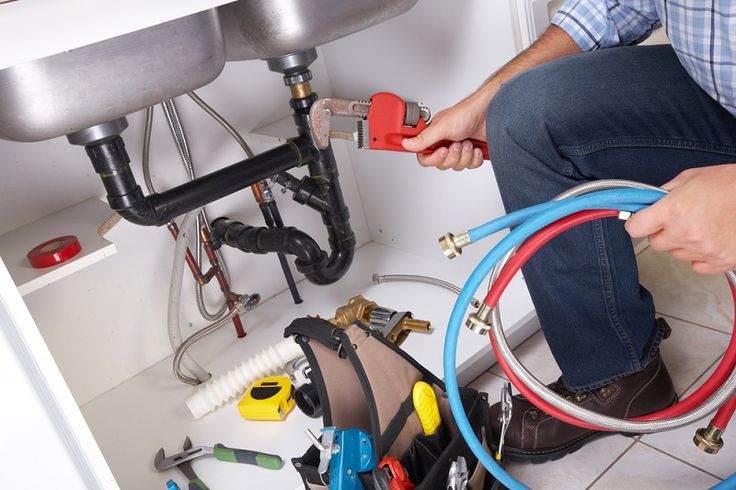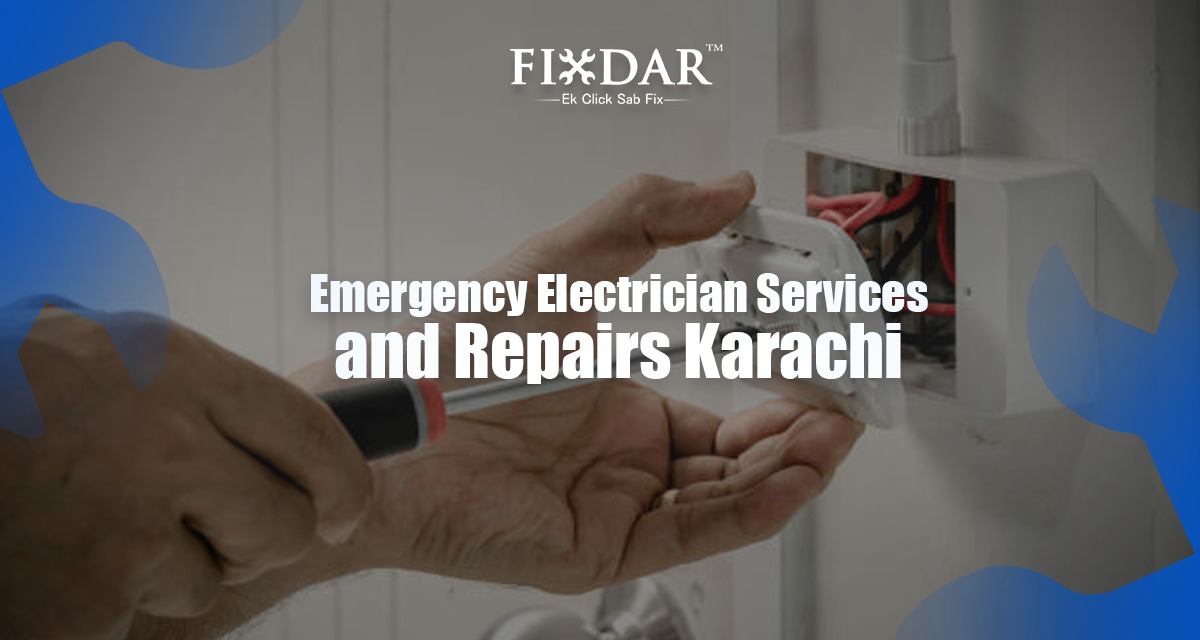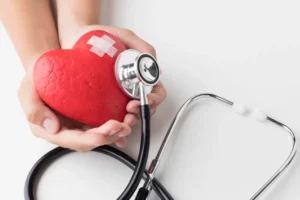Emergency Plumbing Services: When to Call and What to Expect
Plumbing emergencies can strike at any time, often without warning, leaving you feeling stressed and uncertain. Whether it’s a burst pipe, overflowing toilet, or a sudden leak, plumbing issues can cause significant damage if not handled quickly. Understanding what constitutes an emergency plumbing situation and how to respond can help you save time, money, and stress. In this guide, we’ll explore what emergency plumbing services entail, when to call a professional plumber, and what to expect during these urgent situations.
What is an Emergency Plumber?
An Emergency Plumber is a professional who provides urgent plumbing services when issues arise that require immediate attention. Unlike standard plumbing services that can be scheduled in advance, emergency plumbers are available 24/7 to handle critical plumbing problems that could cause damage to your home or business.
Some common emergency plumbing issues include:
Burst Pipes
A burst pipe can flood your home and cause extensive water damage if not addressed quickly.
Clogged Drains
Severe drain blockages can lead to water backing up into your sinks, showers, or toilets.
Water Heater Failures
A sudden loss of hot water during winter or a malfunctioning water heater can disrupt your daily routine.
Leaking Fixtures
A leaking faucet, showerhead, or pipe can waste significant amounts of water and cause mold growth.
When Should You Call an Emergency Plumber?
There are several plumbing issues that can wait for a scheduled appointment with a regular plumber, but some situations require immediate intervention to prevent damage to your property. Here are the most common instances when you should call an emergency plumber:
Burst or Leaking Pipes
One of the most urgent plumbing issues is a burst or leaking pipe. If you discover a burst pipe, it’s crucial to turn off your home’s water supply immediately to prevent water from flooding your home. An emergency plumber will arrive quickly to assess the damage, repair the pipe, and prevent further flooding.
Overflowing Toilet
An overflowing toilet is not just a mess; it can also pose health risks due to contamination from sewage. If you can’t resolve the issue with a plunger, it’s time to call an emergency plumber. They can address the blockage and prevent further damage to your bathroom and plumbing system.
Severe Clogs
While minor clogs can often be cleared with a plunger or drain cleaner, more serious blockages—especially those causing water to back up into sinks or showers—require the expertise of a professional. Emergency plumbers have specialized tools like drain cameras and hydro jetting to clear stubborn clogs and prevent potential flooding.
No Hot Water
Lack of hot water can be a major inconvenience, especially during colder months. Whether your water heater has completely stopped working or is showing signs of malfunction, an emergency plumber can quickly diagnose and repair the issue, restoring your hot water supply.
Gas Leaks
Although gas leaks are not typically considered a plumbing issue, they often require the expertise of a plumber to handle the pipe connections and ensure the safety of your home. If you suspect a gas leak, it’s critical to evacuate the premises and call a plumber immediately.
What to Expect from an Emergency Plumber
When you call an emergency plumber, you may have a lot of questions about what to expect. Here’s a breakdown of what typically happens during an emergency plumbing situation:
Quick Response Time
Emergency plumbers are available 24/7, and one of the key benefits of using their services is their ability to respond quickly. Once you explain the issue over the phone, they will assess the situation and send a plumber to your location as soon as possible.
Diagnostic Assessment
When the plumber arrives, they will assess the situation to determine the cause of the problem. They will inspect the pipes, fixtures, and surrounding area to identify any potential hazards or underlying issues. Once the problem is diagnosed, the plumber will explain the necessary repairs and provide an estimate for the work.
Emergency Repairs
In most cases, emergency plumbers can perform immediate repairs to stop leaks, clear blockages, or restore hot water. They often carry all the necessary tools and parts to fix the issue on the spot, preventing further damage to your property.
Preventative Advice
Once the emergency has been handled, the plumber may offer advice on how to prevent future plumbing issues. This could include suggestions for regular maintenance or improvements to your plumbing system to reduce the risk of similar problems occurring again.
How to Handle a Plumbing Emergency Before the Plumber Arrives
While waiting for an emergency plumber to arrive, there are a few things you can do to minimize damage and keep the situation under control:
Turn Off the Water Supply
If you have a leak or burst pipe, turning off the water supply is the most important step to prevent flooding. Most homes have a main water shut-off valve that can be turned off to stop the flow of water into the system.
Contain the Water
Use towels, buckets, or any available containers to catch and contain any water from leaks or overflows. This will help reduce the amount of water that spreads and minimizes water damage.
Clear the Area
If there is standing water, clear the area around it to allow the plumber to access the issue quickly. This will also help prevent slips and falls while you wait.
Tips for Choosing the Right Emergency Plumber
When faced with a plumbing emergency, choosing the right plumber is crucial. Here are some tips to ensure you hire the best professional for the job:
Look for Licensing and Insurance: Ensure the plumber is licensed and insured to protect yourself from liability.
Check for 24/7 Availability: Choose a plumber who offers round-the-clock emergency services.
Read Reviews: Check customer reviews and ratings to ensure the plumber has a good reputation for quick and efficient service.
Ask About Pricing
Emergency plumbing services can be expensive, so be sure to ask about pricing upfront to avoid unexpected costs.
Conclusion
Plumbing emergencies can be stressful, but knowing when to call an emergency plumber and what to expect can make all the difference in minimizing damage and resolving the issue quickly. Whether it’s a burst pipe, clogged drain, or water heater failure, emergency plumbers are equipped to handle the situation with expertise and efficiency. By following the steps outlined in this guide, you can be prepared to take action and get professional help when you need it most.













